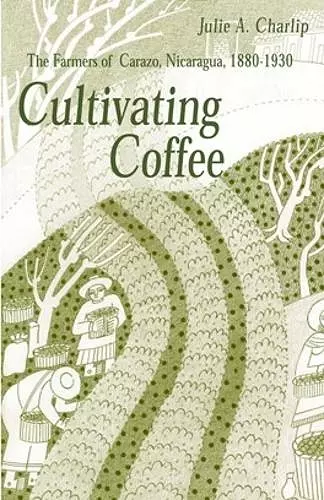Cultivating Coffee
The Farmers of Carazo, Nicaragua, 1880–1930
Format:Paperback
Publisher:Ohio University Press
Published:15th Feb '03
Currently unavailable, and unfortunately no date known when it will be back

Many scholars of Latin America have argued that the introduction of coffee forced most people to become landless proletarians toiling on large plantations. Cultivating Coffee tells a different story: small and medium-sized growers in Nicaragua were a vital part of the economy, constituting the majority of the farmers and holding most of the land.
Alongside these small commercial farmers was a group of subsistence farmers, created by the state’s commitment to supplying municipal lands to communities. These subsistence growers became the workforce for their coffee-growing neighbors, providing harvest labor three months a year. Mostly illiterate, perhaps largely indigenous, they nonetheless learned the functioning of the new political and economic systems and used them to acquire individual plots of land.
Julie Charlip’s Cultivating Coffee joins the growing scholarship on rural Latin America that demonstrates the complexity of the processes of transition to expanded export agriculture in the nineteenth and twentieth centuries, emphasizing the agency of actors at all levels of society. It also sheds new light on the controversy surrounding landholding in Nicaragua during the Sandinista revolution.
This is a model monograph of effective argument and impressive research. It takes its place in an emerging interpretation of pre-Somoza rural Nicaragua that sees much of the countryside as, if not a utopia, at least a world of modest possibilities and prosperities for small farmers, an interpretation at odds with an imagined past driven both by class politics and twentieth-century realities. * American Historical Review *
ISBN: 9780896802278
Dimensions: unknown
Weight: unknown
312 pages